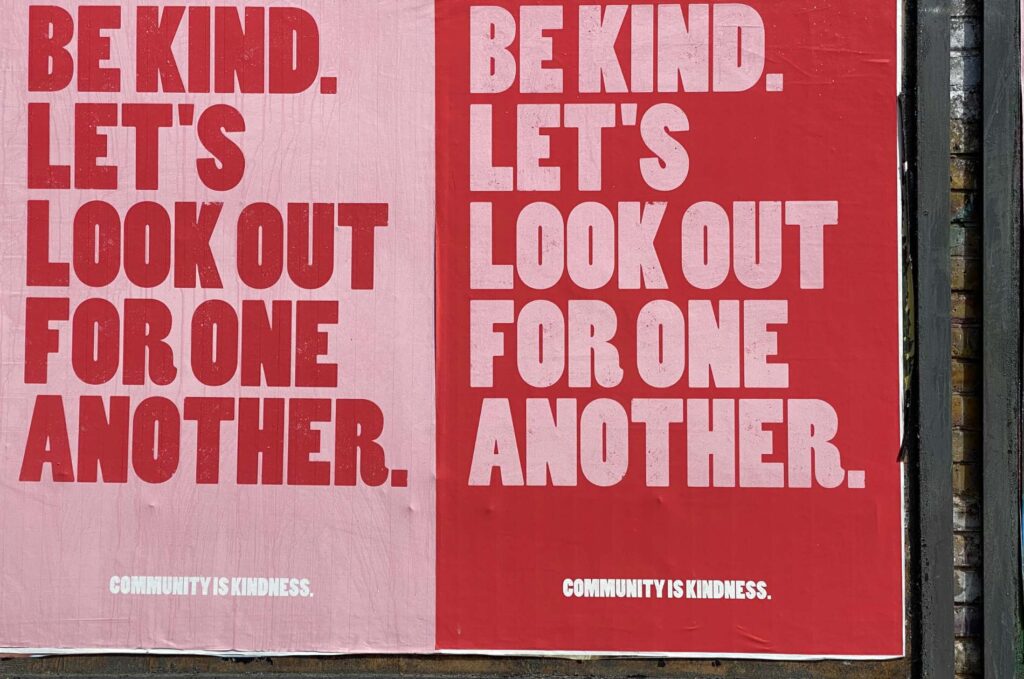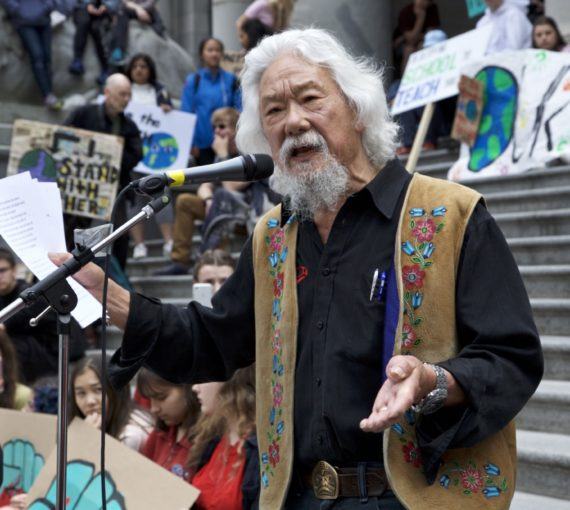
This World Mental Health Day we must prioritize climate solutions that include building communities with sustainability and wellbeing in mind. (Photo: John Cameron via Unsplash)
On World Mental Health Day, we must confront the unspoken emotional toll of the climate crisis, from eco-anxiety to lasting trauma. Addressing this intertwined challenge requires more than individual coping; it calls for systemic changes that prioritize both environmental and mental well-being.
As communities around the world grapple with increasingly frequent and severe climate disasters, from raging wildfires to catastrophic hurricanes, an aspect of this crisis that often goes unmentioned is the toll on our mental wellbeing. On October 10, World Mental Health Day, we can’t overlook the anxiety, grief and trauma caused by environmental degradation and our uncertain futures.
As wildfires and hurricanes overwhelm communities with no end in sight, it is no surprise that many people are feeling fear, loss and despair. Reports show that more people, particularly among younger generations, are struggling with eco-anxiety and climate grief. This isn’t surprising considering that they will be facing the long-term consequences of the climate emergency.
The impacts go beyond natural disasters and individual stress. Climate change has made life even harder for people who are already struggling. Unstable living conditions have exacerbated chronic stress and increased risks of depression, anxiety and physical health issues. Losing one’s home to a wildfire or flood can cause lasting trauma.
Our current economic system, which puts profit before people, is making this mental health crisis worse. Prioritizing profits has led to the environmental destruction driving climate change. It also deepens inequities through privatization of essentials like housing and health care, cutting off support for those struggling most in this crisis, whether from pollution, displacement or unaffordable treatment.
Unstable living conditions have exacerbated chronic stress and increased risks of depression, anxiety and physical health issues.
To truly address these issues and protect mental wellbeing in this context requires big structural changes, not just individual coping strategies. Affordable, climate-resilient public housing must be recognized as a health care priority. Getting ahead of the climate disaster is itself an intervention when it comes to the mental health crisis.
Current climate policies emphasize infrastructure upgrades, but psychological impacts demand equal consideration. Resilience planning must involve health experts to develop trauma-informed disaster responses and accessibility to mental health services. Plans to transition from fossil fuels to cleaner energy should include mental health literacy to empower communities with knowledge and agency.
Most vulnerable populations, especially those facing disproportionate environmental hazards and lack of resources, require focused support. Investing in affordable housing that can withstand increasing climate shocks represents a public health and moral priority. Meeting basic needs stabilizes lives and wellbeing for all.
Resilience planning must involve health experts to develop trauma-informed disaster responses and accessibility to mental health services.
Honouring World Mental Health Day demands acknowledging the immense impacts of the climate emergency on our collective mental wellbeing. Laying the groundwork for a livable future depends not just on infrastructure upgrades, but also on recognizing how interconnected environmental health and mental health are. A wellbeing economy can help us embrace holistic, community-driven, equitable policy approaches that tie climate resilience to universal healthcare and social supports. We can emerge from this ongoing global crisis better prepared to face challenges with resilience in our infrastructure and in our hearts and minds.
To honour World Mental Health Day’s aim of raising awareness of mental health issues and mobilizing efforts in support of mental health, we must prioritize solutions that include building communities with sustainability and wellbeing in mind.
This piece was originally published in the Toronto Star.


